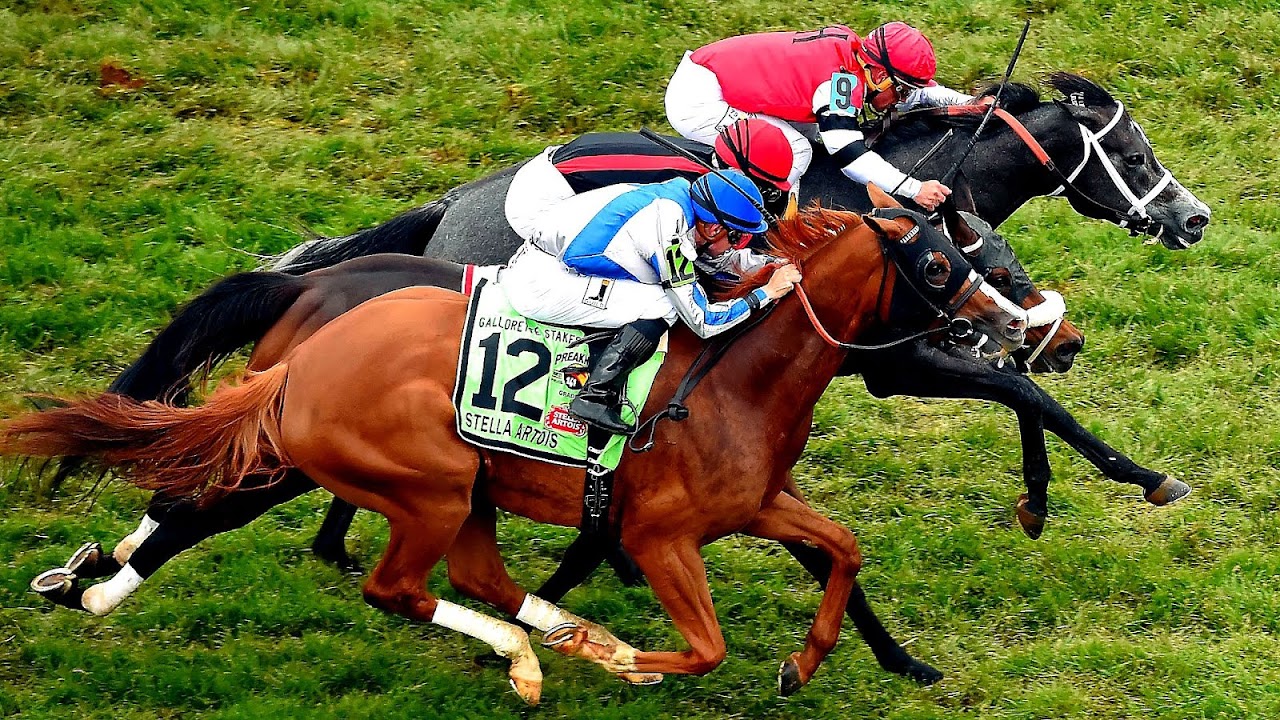The bloodstock agent makes the buying and selling decisions when it comes to Race Horse Syndication, but that doesn’t mean the process of choosing an agent should be taken lightly. While you may be interested in purchasing a horse in order to race it or take part in one of the many other events surrounding horse racing, you need to take your time to find the right agent if you want to make sure your interests are protected along the way. Read on to learn how to find the best agent and what information you should be looking for as you do so.
Step 1 – Choose the type of agent you want
I’m going to concentrate on what I call ‘hands-on’ agents, as opposed to ‘nominee’ agents. The first thing that you need to do is select your type of agent. If you are not planning on actually handling your horse (racing it, exercising it, etc.) then you may want to look for a ‘nominee’ or ‘passive’ agent who will handle everything for you.
Step 2 – Vet your potential agent
There are all kinds of agents in horse racing, and vetting them is just as important as choosing one. There are bloodstock agents who work with a range of horses, or specialize in specific ones; an agent can handle sales at auction (either their own or another company’s), or they can sell horses privately. A great agent will do both, although many will specialize in one or the other.
Step 3 – Know what you are getting into with an agent
If you have come across any stories about Race Horse Syndication gone wrong, you are going to want an agent who has your best interests at heart. As with any business transaction, make sure that you know what is included in your contract and understand how long it lasts for. You will want someone on your side who’s well-respected by buyers and sellers, or risk being taken advantage of.

Step 4 – Set up your partnership agreement
Set up your company’s operating agreement (also called an operating or partnership agreement). This sets out how much money each partner has invested, how profits and losses will be shared, who will make decisions on behalf of the business, what happens if a partner wants to leave, etc. You can create an operating agreement yourself, or you can hire an attorney.
Step 5 – Protect yourself
Talk to other owners and breeders in your area about who their agent is. Pay attention to whether or not they speak well of them. A good agent will have a good reputation, which you can use as an indication that he’s looking out for his clients best interests. Also, talk to your veterinarian about any agents that are in town; if you have any friends or family members with horses, ask them for recommendations as well. The more opinions you have, the better idea you’ll have of what makes a good agent.
Step 6 – Respect each other
If there is anything that defines, it’s respect. We are, without a doubt, one of the most respectful people on earth. When you interact with someone, you are expected to show them respect as well. If they do something good or bad they deserve praise or criticism respectively.
Conclusion
The success of Race Horse Syndication lies in each group’s ability to identify and partner with an elite bloodstock agent who can handle all facets of horse selection, care, training, and booking. Whether you’re interested in entering into an existing syndicate or building your own team, it’s important to find someone who will focus on your best interests. One way to ensure that they are truly looking out for you is by checking references and doing thorough research before signing any contracts.




